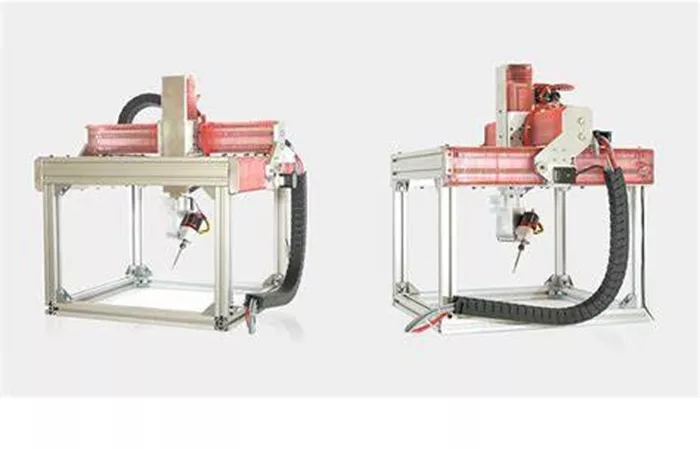Exeter-based Rapid Fusion has developed a CNC milling attachment for its ZEUS 3D robotic systems, combining additive and subtractive manufacturing in a single 6m x 6m cell. The innovation—eight months in development at its new R&D center—targets a £3 million market opportunity, offering industries like aerospace, automotive, and marine faster mold production with micron-level accuracy.
From Weeks to Days: Cutting Lead Times Dramatically
The electro-spindle tool post-processes 3D-printed polymer molds, refining them from ±3–4mm to finished tolerances. In trials, it slashed mold production from 6–8 weeks to just 5 days. Martin Jewell, R&D Director, emphasized: “This turnkey solution delivers repeatable quality while saving material and energy—key for sustainable manufacturing.”
Modular Design for Flexible Production
Integrated with Rapid Fusion’s pellet-based extruders, the tool features a quick-swap system for seamless transitions between printing and milling. It handles engineering-grade polymers like carbon-fiber PEEK and PEI, making it ideal for high-performance applications.
UK-Made Innovation Gains Global Interest
As a sister company to EVO 3D, Rapid Fusion has already secured orders from a UK 3D printing specialist and a European construction supplier for its upcoming hybrid cell. All components are designed and built in Southwest England, aligning with the firm’s mission to commercialize British engineering breakthroughs.
Redefining Manufacturing Efficiency
Jewell noted: “The UK innovates but often fails to capitalize. We’re changing that.” The system’s dual capabilities reduce waste, energy use, and costs—positioning it as a viable alternative to traditional CNC or FDM methods. With a second hybrid cell launching soon, Rapid Fusion aims to dominate high-speed, precision industrial 3D printing.
Related Topics:

